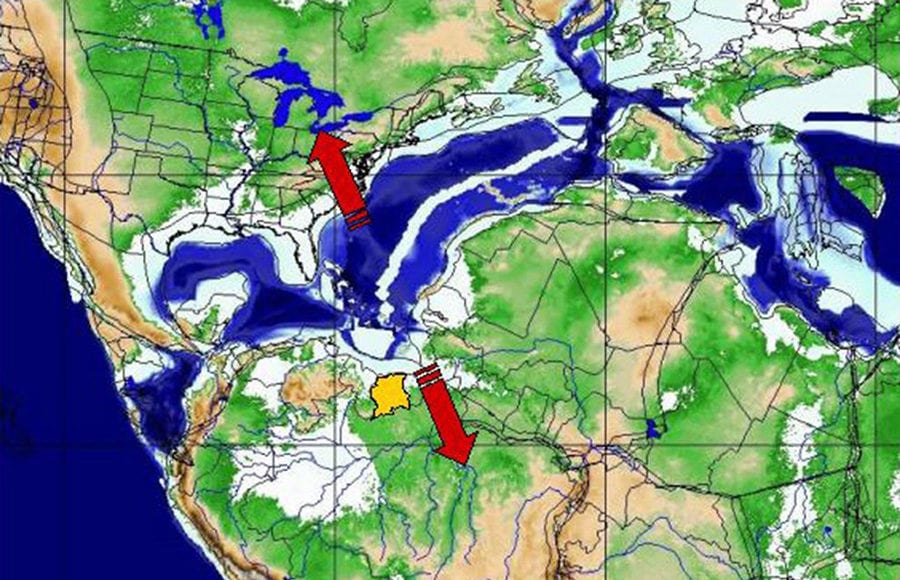Geologists and experts in the oil and gas industry have long been intrigued with similarities between the MSGBC Basin – Mauritania, Senegal, The Gambia, Guinea Bissau and Guinea Conakry, off the coast of West Africa and that of the Guyana-Suriname Basin across the Atlantic Ocean in South America.
The MSGBC is said to be one of the more exciting areas of frontier oil exploration in the world rivaled only by activity in the Guyana-Suriname Basin where US oil major ExxonMobil has made 14 discoveries and UK-based Tullow Oil has made 2, amounting to 16 oil strikes since 2015.
“This is really some of the most interesting developments that have led to, and are part of this whole Atlantic Margin play,” says Jerry Kepes, IHS Markit expert.
He said the Atlantic Margin play extends as far north as Norway, and all the way down to the southern areas offshore, in the deep water, of Argentina on the west side of the Atlantic, and then South Africa on the east side. “So, it’s a very exciting business,” Kepes said.
He pointed out that this concept is called Conjugate Margin Pair Basins because plate reconstruction shows that parts of South America and North America fit right into Africa and Europe before the plate split.
“Basically, you had very similar basins being developed on both sides of the Atlantic. The Guyana Basin offshore Guyana and Suriname where ExxonMobil and others have made such extraordinary discoveries, they are analogous pair bases with the MSGBC Basin on the other side,” Kepes said.
This concept has led explorers to think about what was found on one side of the Atlantic and look for basically the same geology on the other side of the Atlantic in these paired bases.
Kepes said this is significant because it provides ideas about how to reinterpret plate concepts which is a concept that’s been applied up and down the Atlantic Margin.
Turning his attention to the Guyana-Suriname Basin, Kepes said, “what we’ve seen so far is that it’s the Guyana Basin portion offshore Guyana that’s been successful so far. And there’s multiple steps to the story, but by virtue of first entry, or early entry, ExxonMobil and partners ended up with a substantial part of the offshore acreage in the Guyana Basin…where that success has been.”
He pointed out that in the eastern part of the Guyana Basin, offshore Suriname, there are a number of other players. “We haven’t had success yet, and it’s obviously a more complex set of plays there. But there was always the potential that it’s extended to the east there in the Guyana Basin and we would have more companies involved.”
The ExxonMobil discoveries in the Guyana Basin so far exceed 6 billion barrels of oil equivalent. The company will begin oil production in December at the Liza Phase 1 Development project, followed by a series of other projects, which by 2025, could see the country’s production climbing to more than 750,000 barrels of oil per day.



